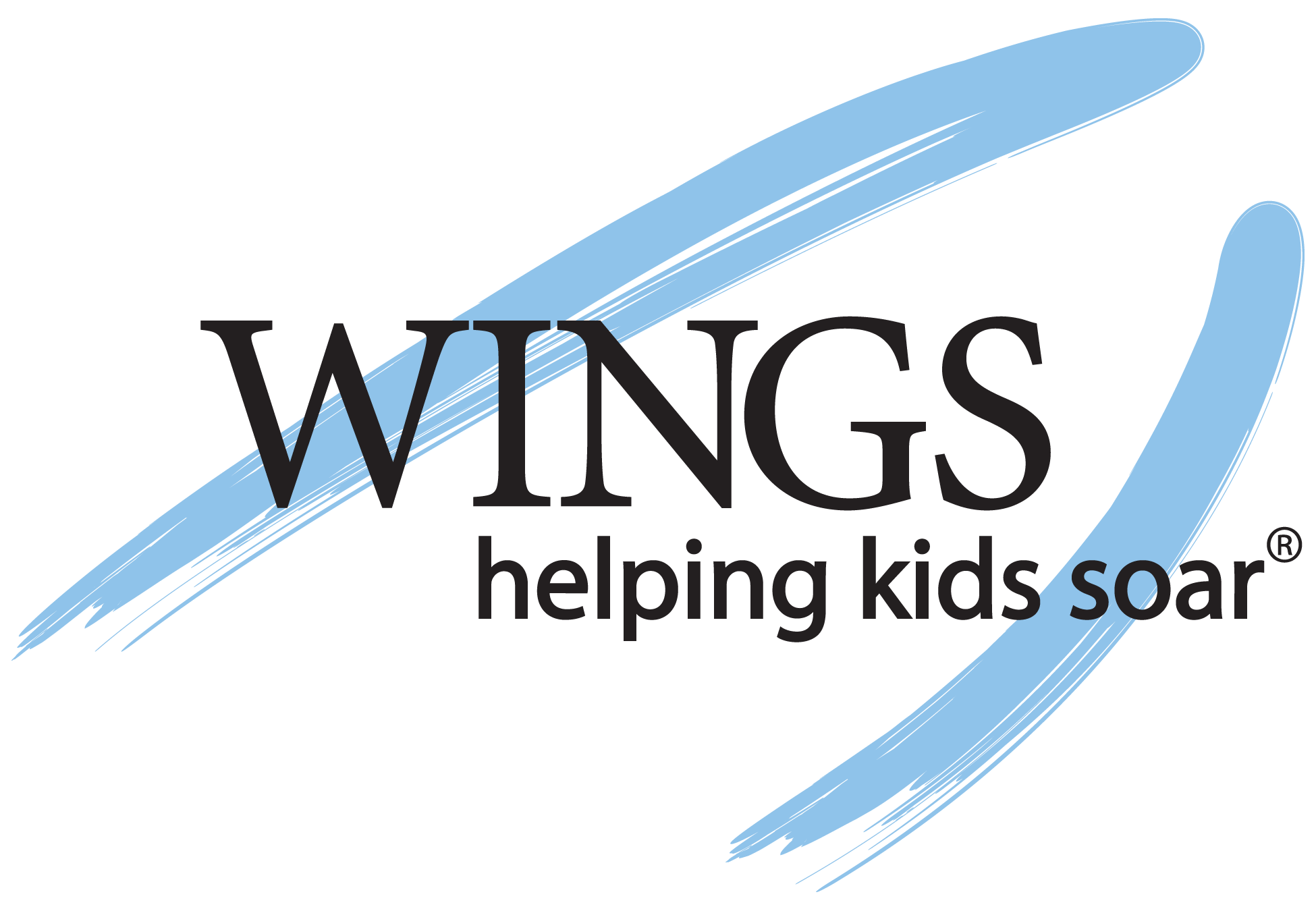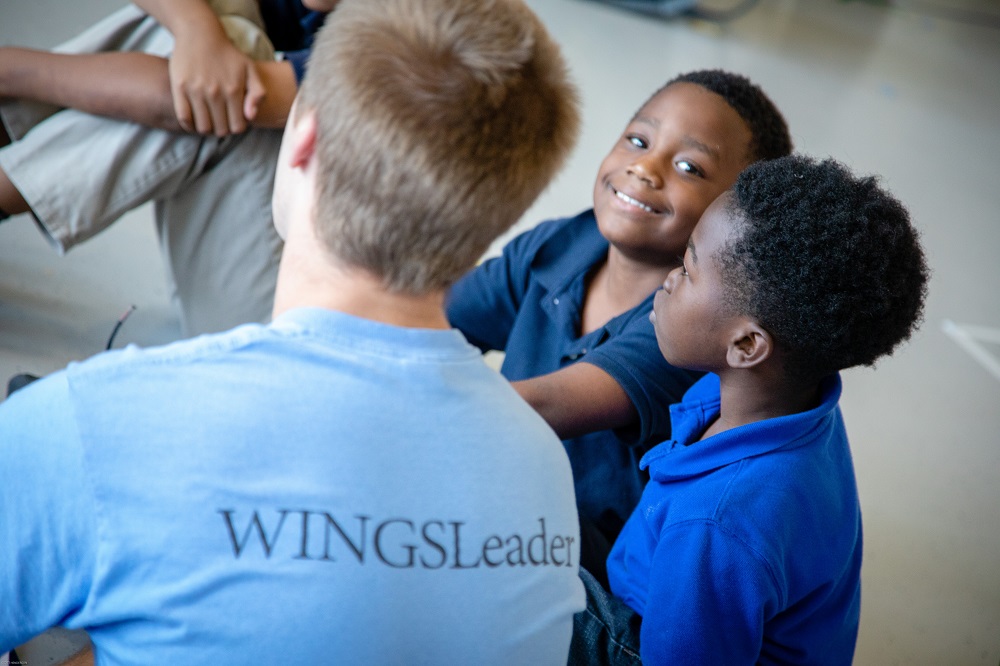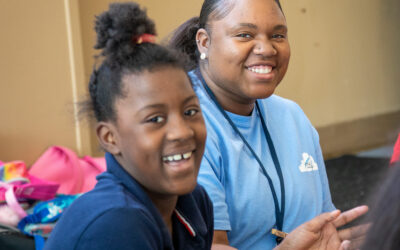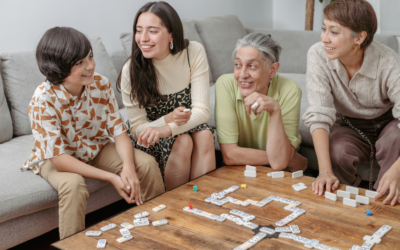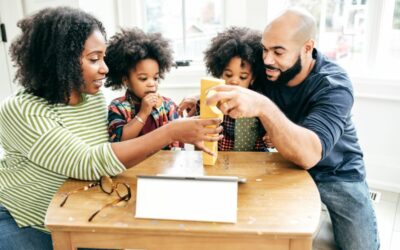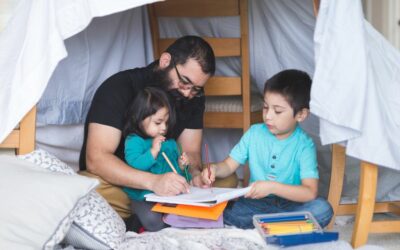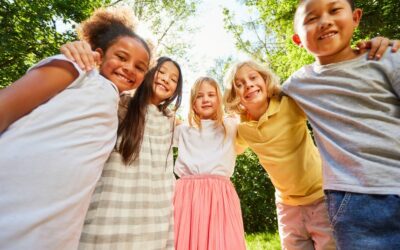A Deeper Understanding of SEL
A variety of terms such as life skills, grit, growth mindset, positive youth development, whole child development, personal success skills, or non-academic skills—among others—have been used to describe social emotional learning (SEL). With so many different terms to describe an already multi-faceted topic, it can be challenging to define and understand SEL.
So how can you cut through the jargon and buzzwords to grasp what SEL really means?
How is SEL defined today?
Social emotional learning focuses on five core competencies: self-awareness, self-management, social awareness, responsible decision-making, and relationship skills. SEL is defined by the Collaborative for Academic, Social and Emotional Learning (CASEL), the nation’s leading organization advancing the development of academic, social and emotional competence for all students.
Want a better understanding of the core competencies? Watch the video here.
What’s in a name?
The truth is that SEL is not a new concept. In fact, studies on the efficacy of social emotional learning practices began in the late sixties at Yale University’s Child Study Center. At that time, a number of terms swirled around the topic, including emotional intelligence.
SEL has evolved and developed through help from countless educators, researchers, practitioners, and child advocates who believe to succeed academically, children must first be supported socially and emotionally. It has been practiced in schools in various forms for years—before the term SEL was ever used.
At the core, SEL is about preparing children to be responsible, productive, caring, and engaged citizens. The skills children acquire are ones that are used in everyday life: at school, at work, and with family and friends.
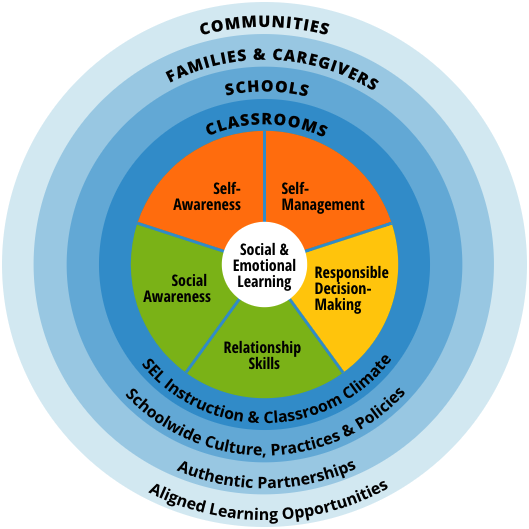
The bottom line
Educators, parents and caregivers can all agree that they are working towards a common goal when it comes to the well-being of the children that they care for everyday: they want children to develop career and life skills, build positive relationships with others, and work toward their goals. They want children to be kind, respectful, confident, active listeners and loyal friends.
In 2021, a survey investigated the opinions of teachers, educators and parents on the importance of SEL. Here are some of the findings: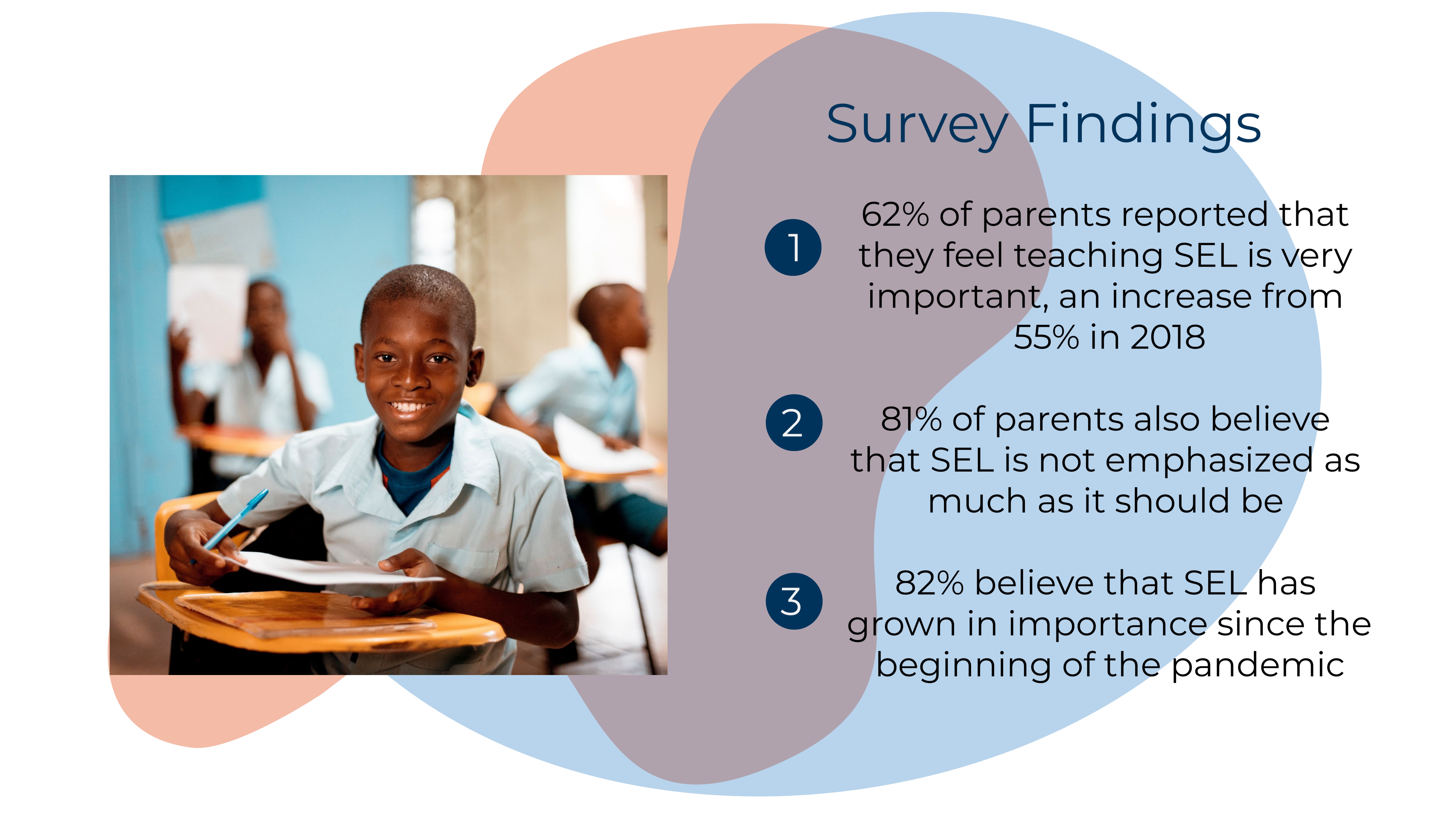
Regardless of how you feel about the term SEL, the consensus shows that parents see families (instead of schools) as playing the most important role as their child develops these critical life skills. This means that families and educators can work together to make sure kids have the knowledge and resources to grow up with the necessary life skills they will need in the future.
Watching kids grow up and discover the world around them is one of the best parts about being a parent, caregiver or educator. Of course, you want to give students all the tools possible to navigate life’s path successfully. Despite the buzzwords and jargon, social and emotional skills are essential factors as they navigate their path.
